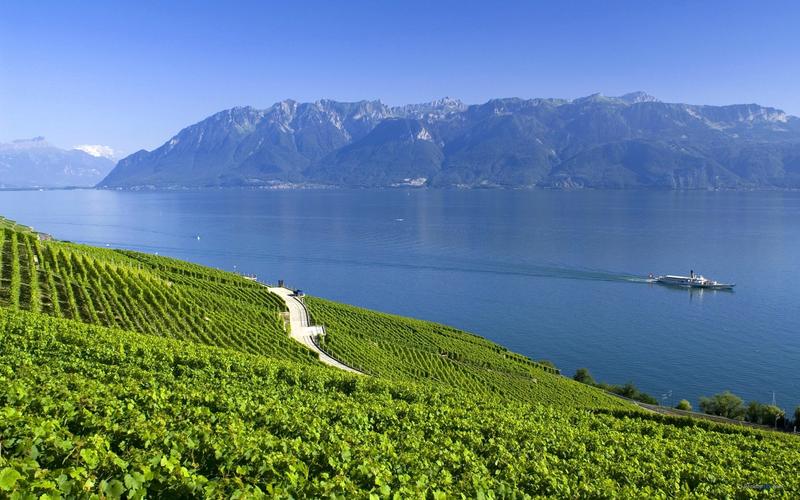Exploring the Geography of Global Culture: A Comprehensive Definition
Globalization has brought profound changes to the world we live in. Technological advancements have made it easier for people to connect, travel, and communicate with each other, regardless of their geographical location. As a result, the concept of culture has evolved into a more complex and diverse phenomenon.
Culture, in its broadest sense, refers to the customs, beliefs, practices, and values that define a particular group of people. The interplay between different cultures has given rise to a new form of culture that transcends national boundaries and embraces the diversity of the global community.
The geography of global culture is not limited to a particular region or country. It encompasses the world in its entirety, and the defining characteristics of global culture are its universality and its ability to adapt and evolve with changing times.
One of the key aspects of global culture is the way it has transformed the economic landscape of the world. The emergence of multinational corporations has facilitated cross-border trade, investments, and cultural exchanges. These corporations have contributed significantly to the growth of the global economy, while also fueling the spread of global culture.
Another significant aspect of global culture is the impact it has had on art and entertainment. The proliferation of media technologies has made it possible for people to consume a wide variety of cultural products from different parts of the world. From literature to music, films, and television, the influence of global culture can be seen in all forms of creative expression.
Furthermore, global culture has also influenced the way we interact with one another. Social media platforms have facilitated a new form of digitized communication, allowing people from different parts of the world to establish connections and share their experiences. As a result, the online world has become an arena for the exchange of cultural ideas and practices, furthering the growth of global culture.
In conclusion, the geography of global culture is a dynamic and complex phenomenon that is constantly evolving. It is characterized by its universality, adaptability, and diversity, which have contributed significantly to the growth and development of the world we live in. As globalization continues to shape our world, it is essential to understand the complexities of global culture and embrace the richness that it brings to our lives.
(Note: Do you have knowledge or insights to share? Unlock new opportunities and expand your reach by joining our authors team. Click Registration to join us and share your expertise with our readers.)
Speech tips:
Please note that any statements involving politics will not be approved.
